Les collections remarquables des Bibliothèques universitaires de Poitiers.
Histoire de la collection. Histoire des collections du Service des collections remarquables.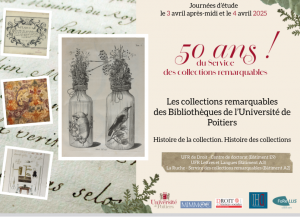
Dans le cadre de la célébration des 50 ans du Service des collections remarquables et du centenaire du legs Auguste Dubois
Journée d’études les 3-4 avril 2025 à l’Université de Poitiers
Proposée par le Service des collections remarquables (Bibliothèques de l’Université de Poitiers),le MIMMOC, l’Institut d’Histoire du Droit, le FORELLIS
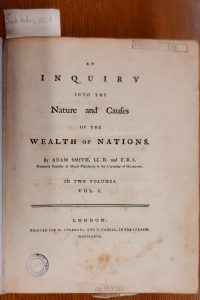
Programme:
Jeudi 3 avril Faculté de Droit (Amphi Hardouin 14h -17h30)
Mot d’Accueil : Marianne Faure-Abbad, Mme le Doyen de la Faculté de Droit, Myriam Marcil, Directrice des Bibliothèques de l’Université de Poitiers
L’histoire du Service des collections remarquables et de ses collections
14h. Jean-Pierre Bonnet (Bibliothèques de l’Université de Poitiers) – L’Université de Poitiers et ses livres, de la restauration du premier Empire (1804/1810) à aujourd’hui (2025)
14h30. Anne-Sophie Traineau-Durozoy (Bibliothèques de l’Université de Poitiers) – Le Service des collections remarquables aujourd’hui : état des lieux, enjeux et perspectives
15h. Clémentine Ordzinski et Mélanie Blicq (Médiathèque François-Mitterrand de Poitiers) – Bibliothèques universitaire et municipale de Poitiers : histoires de voisinage
***
16h. Jérôme Grévy (CRIHAM) – Les almanachs, un instrument de politisation au XIXe siècle
16h30. Adrien Lauba (Institut d’Histoire du Droit) – Arthur Girault (1865-1931), Doyen de la Faculté de Droit de Poitiers, théoricien de Droit colonial et donateur du fonds éponyme
17h. Susan Finding (MIMMOC) – Auguste Dubois (1869-1935), Professeur de la Faculté de Droit, testataire du Fonds Dubois.
Vendredi 4 avril 9h-17h30 (Campus) UFR Lettres et Langues (Amphi Varda 9h-17h)
Mot d’accueil : Marion Picker, Directrice adjointe du MIMMOC, Licia Bagini, Responsable des Relations internationales de l’UFR Lettres et Langes
Autour du Fonds Dubois 
9h. Anne-Sophie Traineau-Durozoy (Bibliothèques de l’Université de Poitiers) – Le Fonds Dubois, de 1935 à aujourd’hui
9h30. Elodie Peyrol-Kleiber (MIMMOC) – Le Fonds Dubois comme outil d’enseignement : débats sur la pauvreté dans les îles britanniques du XVIIIe siècle
10h Pierre Le Masne (LéP) – Le Fonds Dubois et la pensée économique française au XVIIIe siècle
Collections patrimoniales
11h00 Karen Attar, Curator, Senate House Library, Université de Londres – The opportunities and challenges of curating rare books
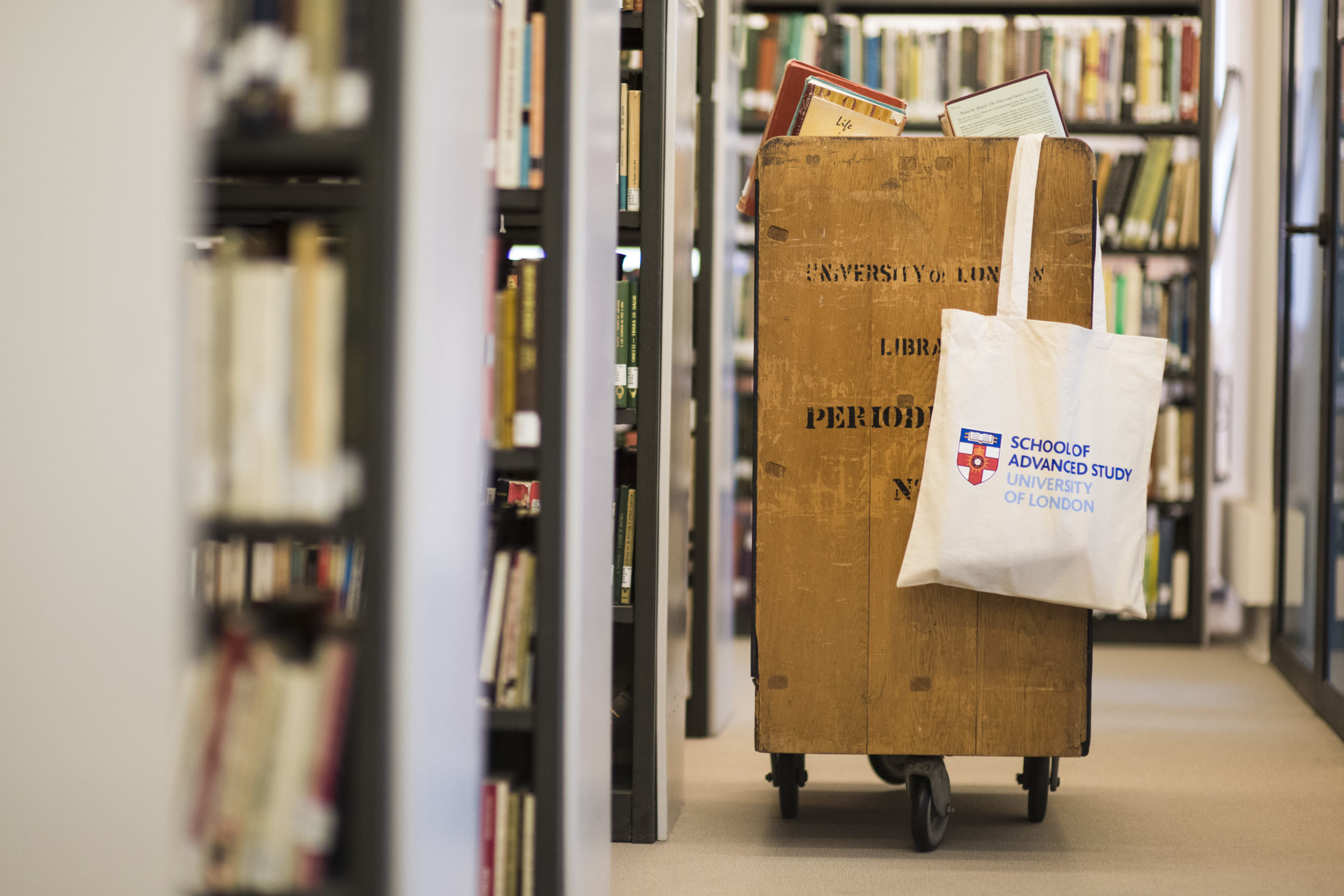
Collections scientifiques
13h30 Séminaire « Peaux et merveilles » Séquence 3 Les écorchés Organisé par : Myriam Marrache-Gouraud (FoReLLIS) et Jérôme Laubner (U. Montpellier, IRCL)
Invités Dominique Brancher, Yale University, Irène Salas, EHESS-Oxford University, Stéphane Bikialo, (FoReLLIS), Université de Poitiers
Service des collections remarquables (La Ruche, Bâtiment A2)
16h30 Anne-Sophie Traineau-Durozoy (Bibliothèques de l’Université de Poitiers) Présentation d’ouvrages choisis
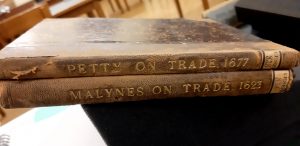 A paraître dans The Book Collector, Vol. 74.4, Winter 2025, ‘The smartest bookseller in London’ Leon Kashnor (1879–1955) and the Museum Book Store’.
A paraître dans The Book Collector, Vol. 74.4, Winter 2025, ‘The smartest bookseller in London’ Leon Kashnor (1879–1955) and the Museum Book Store’.


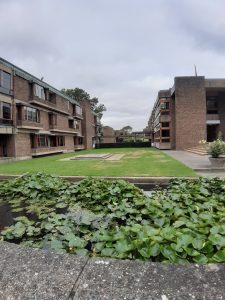
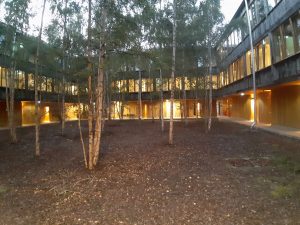
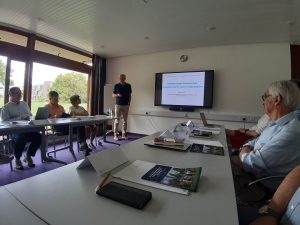
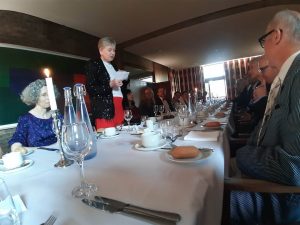
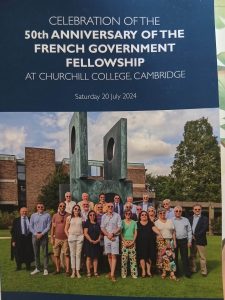
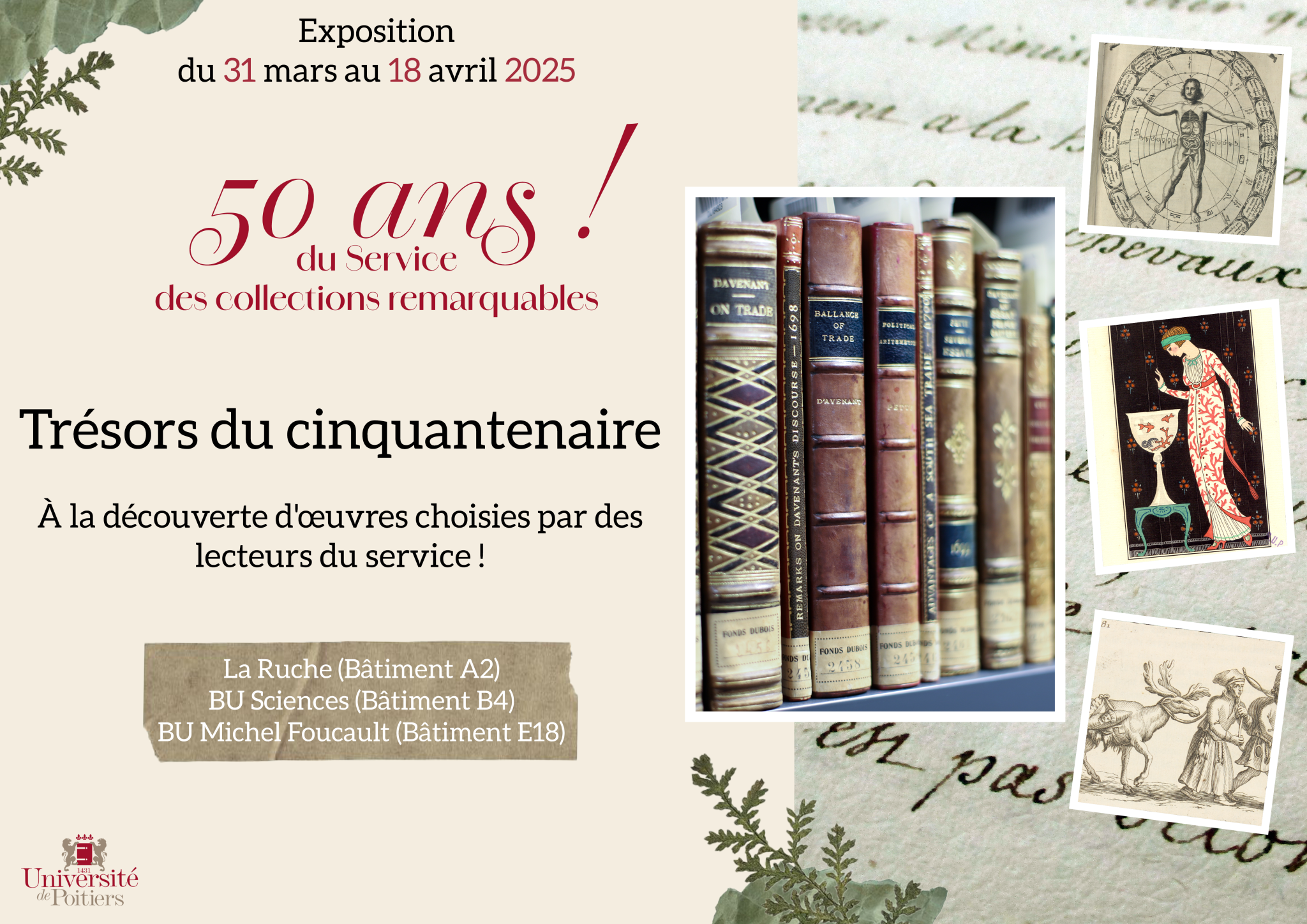 https://bu.univ-poitiers.fr/50-ans-du-service-des-collections-remarquables-exposition/
https://bu.univ-poitiers.fr/50-ans-du-service-des-collections-remarquables-exposition/










